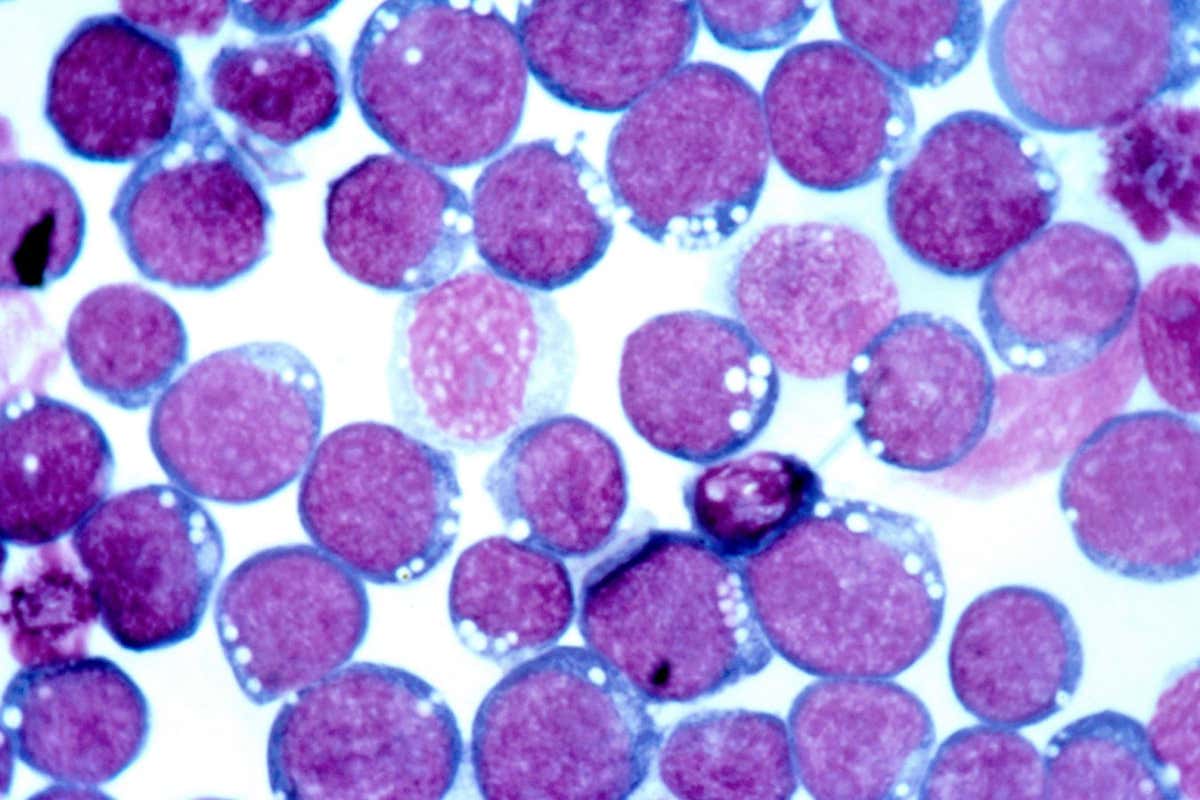Infection
Vaccine shows promise against the virus linked to multiple sclerosis
The Epstein Barr virus can cause glandular fever, also known as infectious mononucleosis
Mediscan / Alamy
A vaccine that fends off the widespread Epstein-Barr virus (EBV), which causes glandular fever (infectious mononucleosis or “mono”) and has been linked to some serious health conditions, has shown promise in mice. It could have an edge over other experimental EPV vaccines by targeting different aspects of the immune system, rather than just antibodies.
Around 95 per cent of the world’s adult population is infected with EBV, a type of herpes virus that commonly spreads through saliva. It can cause glandular fever, which typically results in symptoms such as a very high temperature, a severe sore throat and extreme fatigue. In recent years, EBV has increasingly been linked to multiple sclerosis (MS) and various cancers, including nasopharyngeal cancer and some lymphomas. As a result, scientists have been developing EBV vaccines, but none have yet been approved.
“For most of the earlier [EBV] vaccines, the primary objective is to induce antibodies, similar to how the covid vaccine or the flu vaccine works,” says Rajiv Khanna at the Berghofer Medical Research Institute in Australia. One of the unique things about EBV is it can hide within the body’s antibody-producing immune cells, known as B-cells, which means the infection stays with a person for their whole life, he says.
Advertisement
To tackle this, Khanna and his colleagues have designed a vaccine that produces antibodies against the virus, as well as triggering another type of immune cell, called T-cells, to destroy B-cells that EBV is multiplying within.
In mice, the vaccine produced EBV antibodies and T-cells for more than seven months after immunisation. It also thwarted the growth of tumours in a separate group of mice that were induced to develop EBV-related lymphoma.
The researchers want to explore whether the vaccine can be tweaked to prevent MS. In the meantime, they hope to test their existing vaccine in people within the next two years.
If the vaccine is shown to tackle EBV within cells in people, it may be valuable for treating EBV-related cancers, says Paul Farrell at Imperial College London. It could also prevent the infection itself in younger people who haven’t yet caught the virus, he says.
Its potential against MS, however, is more complicated, as “we do not sufficiently understand the immune mechanisms that cause and control the disease”, says Farrell.
Topics:

